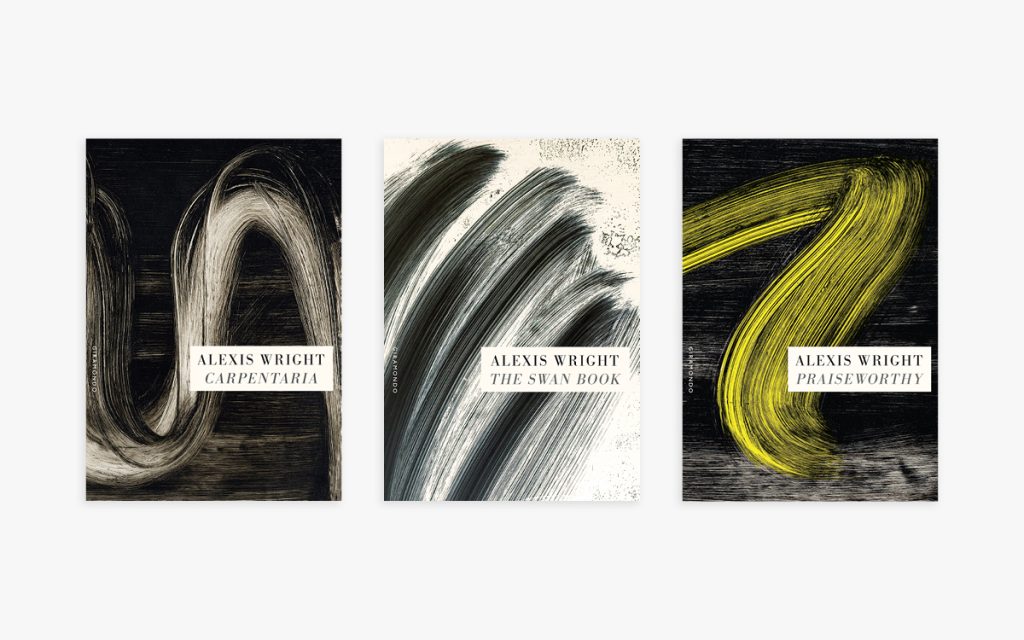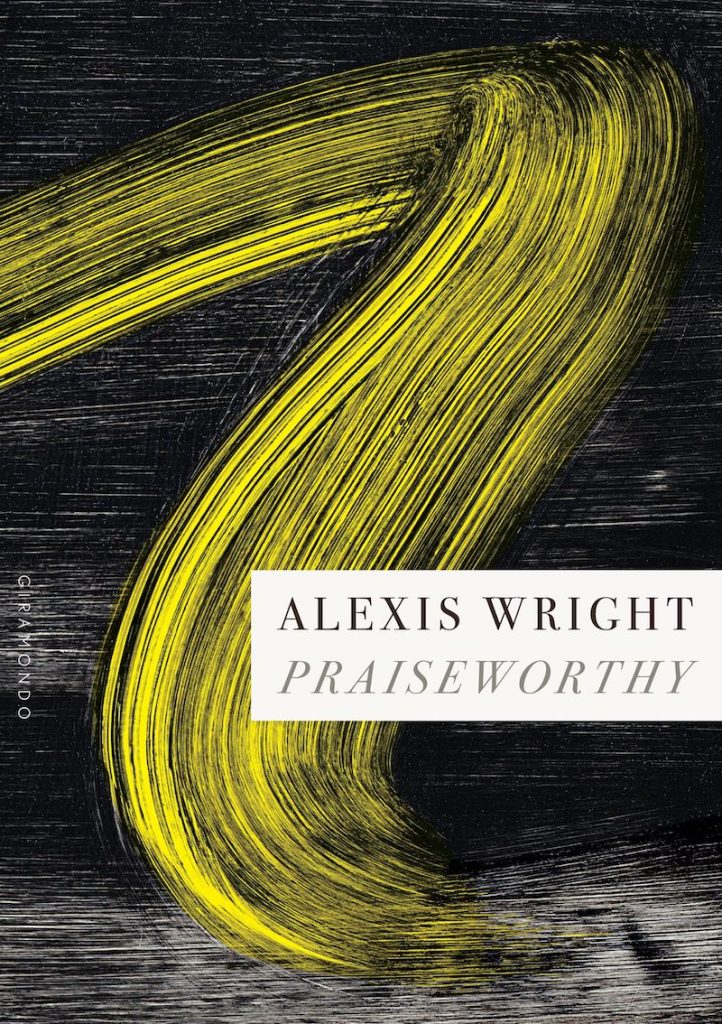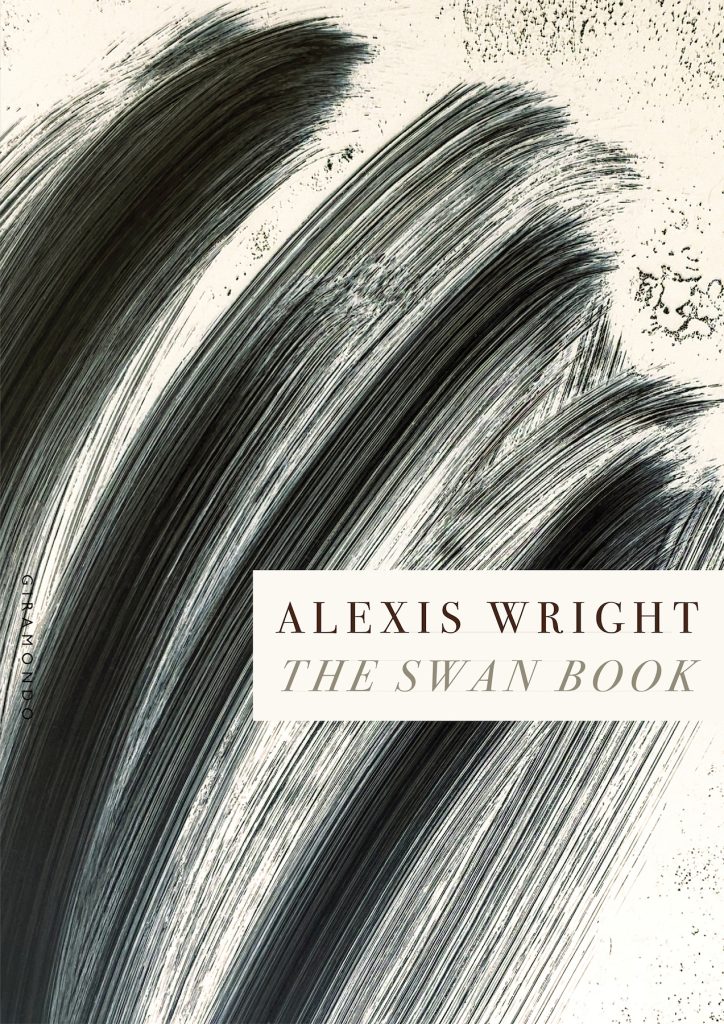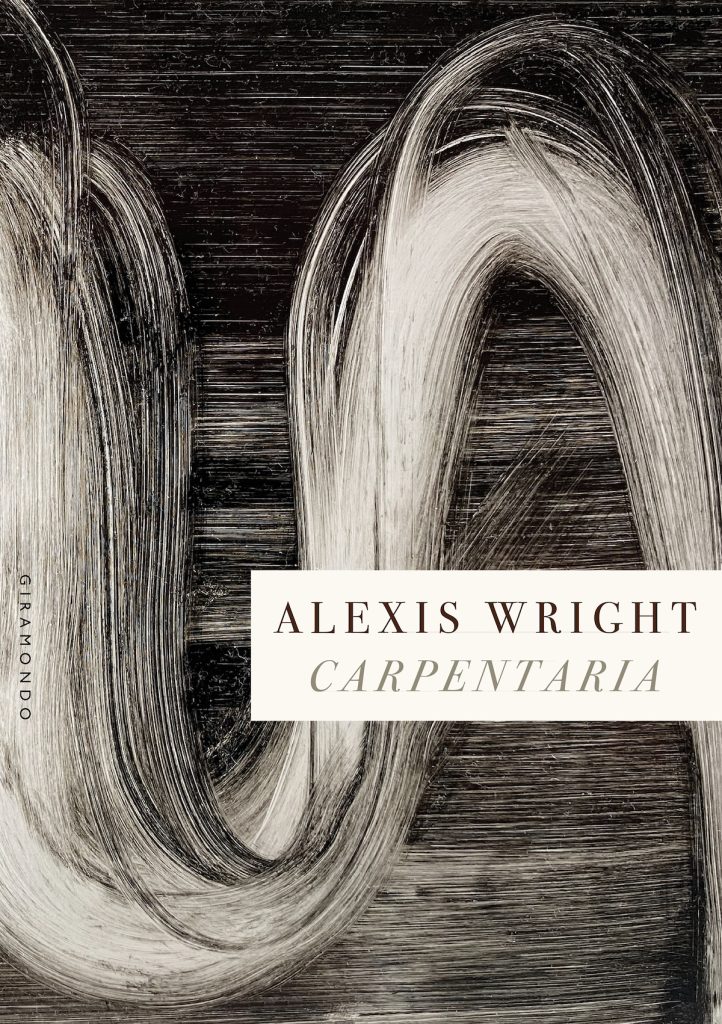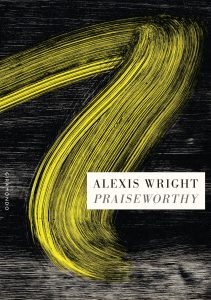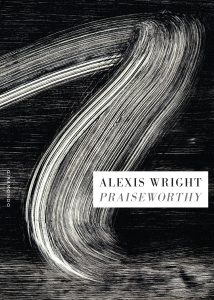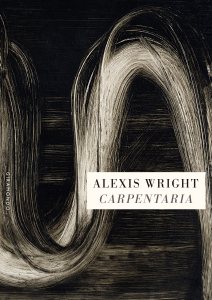Alexis Wright wins ALS Gold Medal for the third time with Praiseworthy

Alexis Wright has won Australia’s oldest literary award, the ALS Gold Medal, with her epic novel, Praiseworthy.
She joins Patrick White and David Malouf to be the only writers who have received this honour three times, having won it previously for her novels Carpentaria and The Swan Book. The medal is bestowed annually in recognition of an outstanding literary work in the preceding calendar year.
Since its publication in early 2023, Praiseworthy has won the Stella Prize, the James Tait Black Prize for Fiction, and the University of Queensland Fiction Book Award, and has been a finalist for many more Australian and international literary prizes, including the Dublin Literary Award.
Read the ALS Gold Medal judges’ citation below.
Alexis Wright’s astonishing novel Praiseworthy is a novel for and of our time; where time immemorial intersects with time running out. It is a political novel that deals directly with ‘The Intervention’ into First Nations communities from 2007 to 2012, which had been justified by government on the basis of widespread child abuse in First Nations communities in the Northern Territory. The novel turns an unflinching eye onto the irreparable damage done by these attacks on the psyche, body, soul and communities of First Nations peoples. The internalisation of degradation and disgust, which fractures both individual and community plays out with devastating effects in the Steel family and the town of Praiseworthy, as it battles the environmental catastrophe of climate change. In the wake of this broken, sacred covenant of people and place, both country and culture are fundamentally threatened, in extremis. The monumentality of the novel summons the scale of these betrayals and its voice recalls William Blake’s just prophet who ‘roars and shakes his fires in the burden’d air’ of a corrupted world. In the cosmology of the novel, the ancestors, the atmosphere, the land and the water are in open revolt.
Praiseworthy is hilarious, furious, poetical and painful, and all in large order. This depth and range does not effect a mediation or tempering of its rage. Praiseworthy refuses assimilation and insists that traditional custodians alone know how to inhabit in and with this place.
The monumentality of Praiseworthy is testament also to the duration of writerly attention and care, to an ethics of a sustained focus on painful injustice. The formal originality and scale of the novel stands as a response to the enormity of need but also to the depth of resources that survive.
Finally, Praiseworthy, like Wright’s other novels, teaches us how to read. When Carpentaria was first published in 2006, many elements were unfamiliar and required readers to question existing parameters of literary worlding and the relationship between form and meaning. The Swan Book also challenged us in these ways and more some. Reading Praiseworthy teaches us how to read Praiseworthy. We need to attend and listen to this literary elder about the need for literary creativity, ancient and new ways of literary sympathy, and the intimate connection of both to justice.
